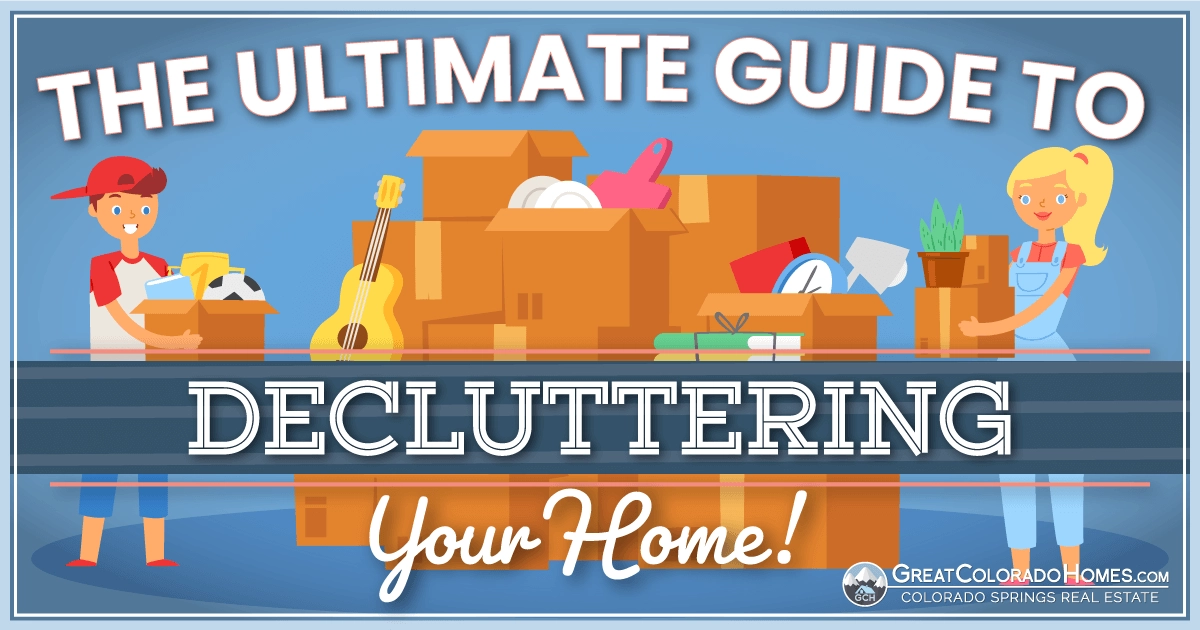Selling a home for sale-by-owner (FSBO) is not for everyone. According to the National Association of Realtors (NAR), only 9% of homes were sold FSBO in 2024. Historically, FSBO sales have accounted for about 7% to 11% of total home sales in the U.S. Most people will hire a professional to sell their home, but it's possible to roll up your sleeves and do the entire job yourself.
Real estate agents do a lot of work you don't always see, making selling a house look easy. I've been a real estate agent for thirteen years and have run my own real estate brokerage for ten of those years. I will show you step-by-step how to sell a house without a realtor. This guide will help determine if you can sell your home without an agent. After reading this guide on selling your home independently, you'll know just what to do.
Real estate agents make large commissions when selling homes. Depending on whether you pay a buyer's agent, you will save 2% to 6% of the purchase price by selling your home without a broker. If you have a knack for digital marketing, real estate photography, and project management, you may be the perfect candidate to sell your home without a Realtor.
Table of Contents
(Click any section)
Step-By-Step FSBO Guide
- STEP 1: Research Necessary Data
- Study currency-listed homes in the market
- Research previously sold homes (comps) in your area
- Analysis of expected upgrades & amenities
- Calculate selling & closing fees
- Determine your mortgage payoff amount
- STEP 2: Get Your Home Ready To List
- Determine the overall scope of work
- Declutter, deep clean, & landscape
- Change out old fixtures
- Add upgrades that increase value
- Professionally stage your home
- STEP 3: List it Everywhere Online
- Professional video walkthrough
- Professional photos, 3D tour, & floorplan
- Get it listed everywhere online
- Track your online marketing progress
- Adjust strategy if activity is low
- STEP 4: Close the Deal
My Qualifications to Write This Guide
I sold my first house for sale by owner in 2006. I was offered a job on the opposite side of town, so I decided to sell and move to shorten the commute. I put my house on the market as a for sale by owner and waited for an offer.
It took a few months to get an offer, and when I finally did, it was an owner-finance deal. Owner financing means the owner would keep the original mortgage and then start a second mortgage (lease-to-own) with the buyer.
It was the only offer I received, so I took it. In hindsight, it was a terrible decision, but I had no experience selling a home. I didn’t know what I was getting into. Unfortunately, the owner defaulted on the 2nd mortgage after ten years of paying it down. I was stuck with the home again.
After owning it for ten years, I fixed up the property and sold it as a Realtor. I received a full-price cash offer within 24 hours after listing it online. Knowing the right ways to sell as a Realtor made for a completely different experience from FSBOing.
I’ve learned many things selling homes as a Realtor that I could never have known as a first-time independent home seller. I wrote this article and infographic to help people who earnestly want to sell their home for sale by owner.
The information below will detail each FSBO process step, breaking it down into easy-to-follow steps. As you are reading through the scope of work, try to objectively determine whether you have the time and resources to complete these tasks.
Contact friends and family who have sold homes and ask if they think you would be a good candidate to sell your home without a real estate agent. If they approve and you feel confident that you can pull it off, you may be the perfect candidate to FSBO your home.
Step 1: RESEARCH Local Data
An important step in the for sale by owner timeline is to study the current market conditions and the selling process. Real estate agents gather many different data points to help them determine the best price and marketing strategy for your home. They provide itemized cost forms and explain how much money you will make after selling your home. This section will explain how to do that on your own.
We’ll cover the data points below and some insider tips. Here’s a list of five things you will need to research before listing your home for sale without a Realtor.
Study All Homes Currently Listed For Sale
 Active home listings in your neighborhood are significant because they are your main competition. The next house to sell in your neighborhood will probably be the best one. How do you make your house the best home to sell next? What are new construction homes selling for in your area? You'll need to know what's going on in your market to effectively get the most money for your home.
Active home listings in your neighborhood are significant because they are your main competition. The next house to sell in your neighborhood will probably be the best one. How do you make your house the best home to sell next? What are new construction homes selling for in your area? You'll need to know what's going on in your market to effectively get the most money for your home.
Study each active property's price per square foot, upgrades, and overall presentation. If all homes for sale in your neighborhood have lovely hardwood floors and new carpet, make sure yours does, too. If not, then make sure you price it accordingly to land right in the perfect price range to attract buyers immediately.
Analyze All Sold Properties
 Sold properties are your best data source to determine an accurate listing price based on comparable homes. Please take notice of what the homes sold for compared to what they think your home is worth.
Sold properties are your best data source to determine an accurate listing price based on comparable homes. Please take notice of what the homes sold for compared to what they think your home is worth.
Also, notice how many days each home took to sell. What made each home sell in that amount of time? Were there any price drops during that time?
Consider the year built, upgrades, and layout of the homes. It's hard to objectively determine your real market value when you benefit from the sale. Try to step back and pretend that you are coaching a friend through the process. Be realistic and study the raw data for an accurate selling price.
Study The Amenities & Upgrades
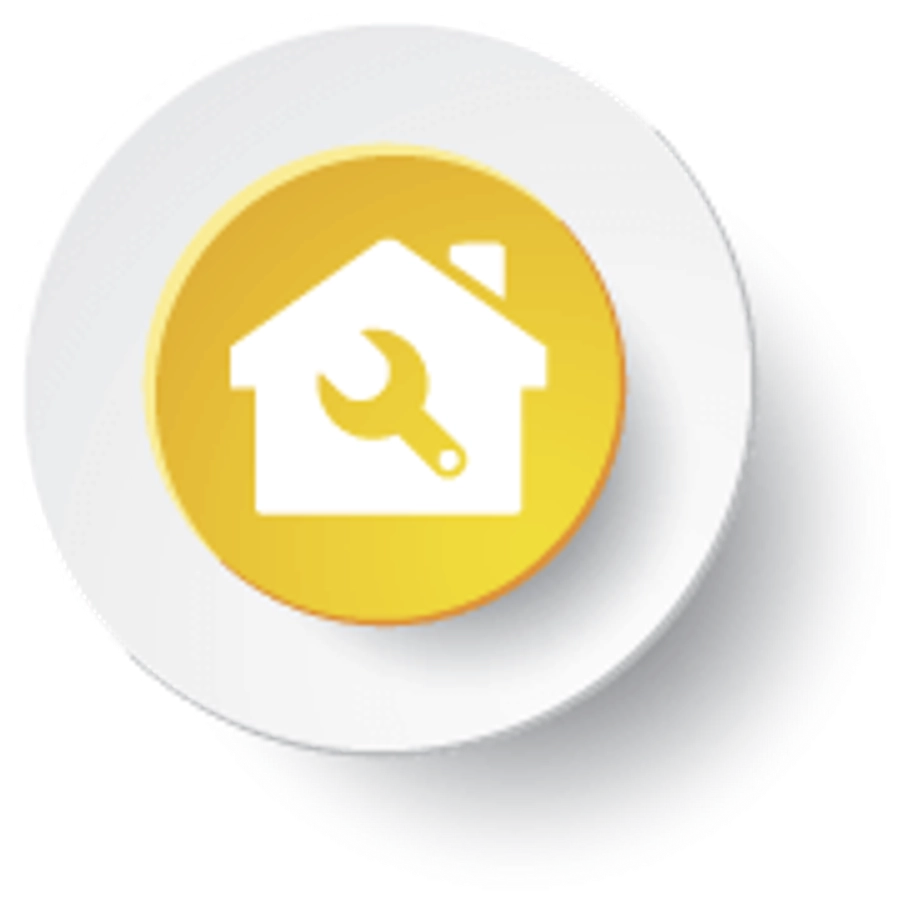 Amenities and upgrades can completely change the way buyers feel about your house. If all of the recently sold homes in your neighborhood have granite countertops and you are trying to sell your home with 1980's Formica countertops, you've got a problem. If you haven’t maintained your landscaping and all of your neighbors have excellent curb appeal, your house will be harder to sell.
Amenities and upgrades can completely change the way buyers feel about your house. If all of the recently sold homes in your neighborhood have granite countertops and you are trying to sell your home with 1980's Formica countertops, you've got a problem. If you haven’t maintained your landscaping and all of your neighbors have excellent curb appeal, your house will be harder to sell.
Worn-out carpet, pet odors, poorly landscaped lawns, and old paint are common issues that must be dealt with before listing a house. Determine what upgrades are relevant to selling your home successfully without a real estate agent.
Calculate Selling & Closing Fees
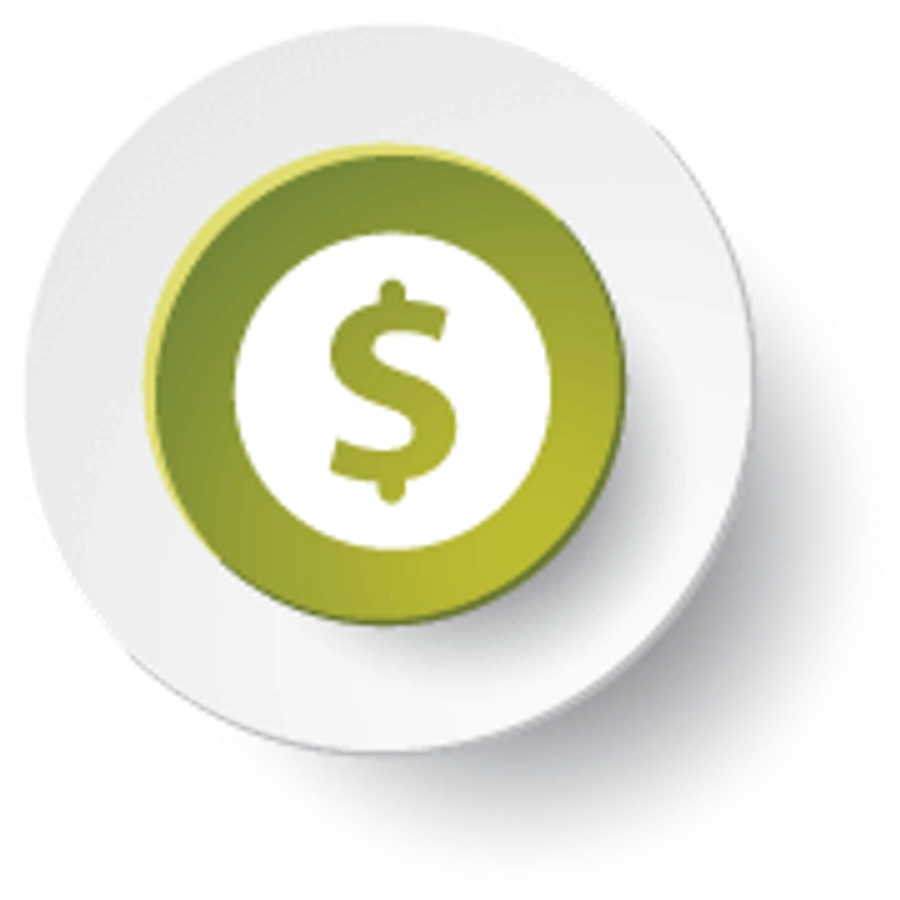
You will also need to budget for possible repairs that can come up in a buyer's inspection report. Call your local title company, or ask a trusted Realtor to help you determine all the possible fees you may incur when you sell your property.
On the East Coast, many closings involve real estate attorneys. Contact them and ask them what you can expect to pay in closing fees.
You can also research standard real estate fees online to get a good idea of expectations. Lastly, be prepared to pay your buyer's Realtor a competitive commission to help sell your home. Most buyer's agents receive between 2% to 3% of the sales price at closing, paid by the seller. The commission depends on the home's selling price.
For sale by owner homes that don't want to work with a buyer’s Agent may scare off potential Buyers. However, it’s the buyer's right to be represented. Be sure you research this part of the transaction to know what buyers' commission to offer in your market.
Determine Your Mortgage Payoff Amount
 The most critical monetary value you must know when selling your house as FSBO is your mortgage payoff amount. Call your mortgage company to obtain the exact number if this number is not readily available on your mortgage statement. Make sure your house can sell for enough to pay off your mortgage and closing fees, or you will have to bring money to the closing table.
The most critical monetary value you must know when selling your house as FSBO is your mortgage payoff amount. Call your mortgage company to obtain the exact number if this number is not readily available on your mortgage statement. Make sure your house can sell for enough to pay off your mortgage and closing fees, or you will have to bring money to the closing table.
This step may seem like a no-brainer, but you would be surprised at how many home sellers have not considered their mortgage payoff before listing their for sale by owner property.
Step 2: Get Your Home Ready To List
After you gather all the data above, you should understand the process of your FSBO transaction and its monetary details. Now, it’s time to roll up your sleeves and work on the physical aspects of your home. Check out our home sellers checklist for a more detailed guide.
Knowing what upgrades you can add or avoid will help bring the highest value to your home. This section will give you insight into the areas to focus on, which will maximize your efforts and save some time.
Determine the Overall Scope of Work
 Every home will have different scopes of work to get them ready for selling. If you have lived in your house for years without adding or upgrading anything, you'll likely have an enormous scope of work to get your home ready to sell.
Every home will have different scopes of work to get them ready for selling. If you have lived in your house for years without adding or upgrading anything, you'll likely have an enormous scope of work to get your home ready to sell.
Take the time to list everything that needs to be done and determine who you need to hire to complete your list. Once you know the total scope of work, you can begin planning your home sale process and timeline.
Declutter, Deep Clean, & Landscape
 Decluttering is therapeutic and necessary for selling your home. Remove all of your personal photos and make your house look like someone could move in tomorrow. Pretend you have already sold it, and it's not yours anymore. Deep clean windows, baseboards, ceiling fans, stairs, handrails, cabinets, garages, and any area that accumulates dirt.
Decluttering is therapeutic and necessary for selling your home. Remove all of your personal photos and make your house look like someone could move in tomorrow. Pretend you have already sold it, and it's not yours anymore. Deep clean windows, baseboards, ceiling fans, stairs, handrails, cabinets, garages, and any area that accumulates dirt.
Spend time applying new mulch and flowers. Clean up neglected yard areas and make them appear manicured. Try to make your house look as close to a newly built home as you can. Everyone loves new!
Change Out Old Fixtures
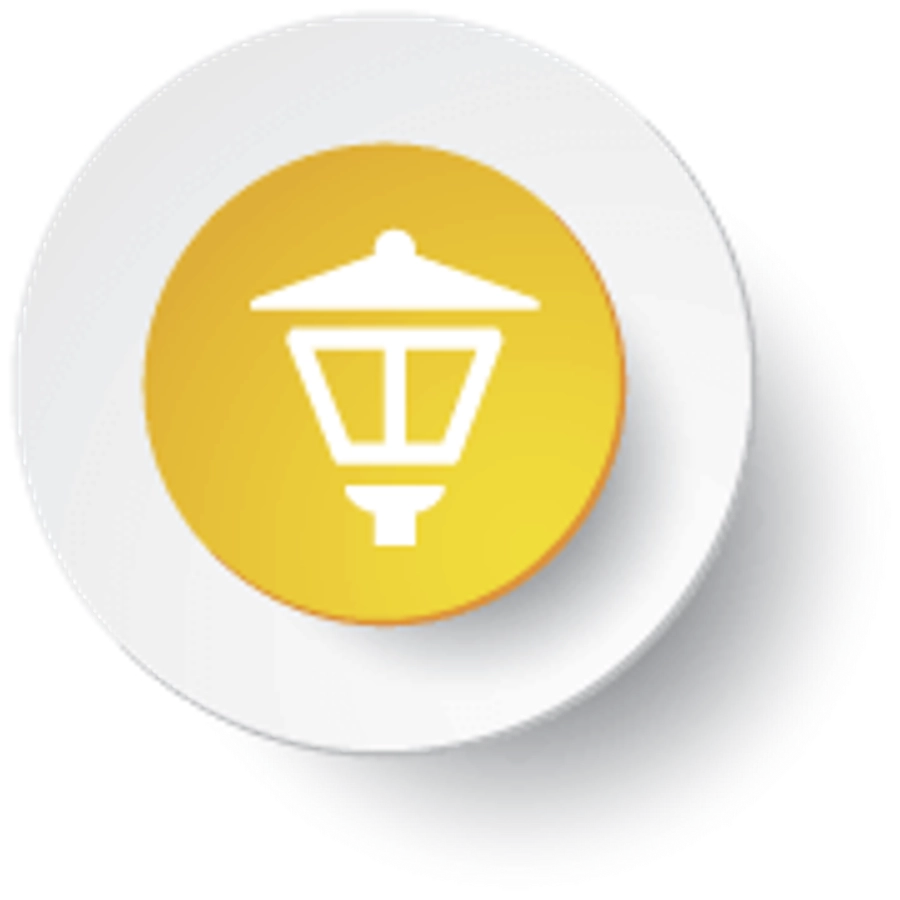 If you have old brass fixtures from the ‘80s and ‘90s, make sure to update them. Change these to take the dating out of your home. There is a tiny percentage of homes (Victorian, 1900s decor) where brass and gold are suitable. However, most homes need to be updated.
If you have old brass fixtures from the ‘80s and ‘90s, make sure to update them. Change these to take the dating out of your home. There is a tiny percentage of homes (Victorian, 1900s decor) where brass and gold are suitable. However, most homes need to be updated.
Change doorknobs, door hinges, old staircase banisters, light cover switches, and possibly old doors. Make a list of all the fixtures and items in your house that are over five years old. The more dated fixtures you change out, the more buyers will connect emotionally to your home, increasing your odds of success.
Add Upgrades That Increase Value
 Adding upgrades to a home is the easiest way to increase your chances of selling at a high price. Kitchen countertops, master bath tile, stainless steel appliances, new carpet, and wood floors are all significant upgrades that will increase value.
Adding upgrades to a home is the easiest way to increase your chances of selling at a high price. Kitchen countertops, master bath tile, stainless steel appliances, new carpet, and wood floors are all significant upgrades that will increase value.
New water heaters, garage door openers, security systems, and built-in surround sound are upgrades that many homeowners aren't interested in on their initial visit to your home. Instead, stick with the enhancements that will emotionally hook your buyers. This step will make your house stand out above the rest when buyers are comparing properties.
Professionally Stage Your Home
 Staging is the act of strategically matching furniture and decor and placing them in such a way that they highlight your home. Professionally staged homes sell faster and for more money than those that are not staged.
Staging is the act of strategically matching furniture and decor and placing them in such a way that they highlight your home. Professionally staged homes sell faster and for more money than those that are not staged.
Staging will present your home in the best possible way. Your listing should look as though you no longer live there. Typically, homeowners will rent a storage unit for all their non-essential items. They may also store large pieces of furniture to increase the amount of floor space and make the home appear bigger.
Adding some neutral art, drapes, and floral arrangements can go a long way. If you try to stage on your own, be sure to get a second opinion. Staging is a talent; not everyone has it, so be honest with yourself. This step needs to be done correctly.
Step 3: Get it Listed Everywhere Online
How your home is presented online directly impacts how much you will make on your home sale. FSBOs are notorious for having bad marketing and poor-quality listing photos. This section will walk you through the best ways to market your home online based on modern tactics. Follow these tips to make your listing stand out above the other homes for sale in your area.
Professional Video Walkthrough
 If a picture is worth 1,000 words, then a video is worth a million. As a result, video is the fastest-growing form of marketing in real estate. I recommend hiring a real estate videographer who will use modern digital marketing tactics, from aerial drone footage to 3-axis gimbals to smooth slide rail shots.
If a picture is worth 1,000 words, then a video is worth a million. As a result, video is the fastest-growing form of marketing in real estate. I recommend hiring a real estate videographer who will use modern digital marketing tactics, from aerial drone footage to 3-axis gimbals to smooth slide rail shots.
A good listing video is the most vital eye candy that you can use to get buyers excited about your home. You can market your video on social media to spread the word about your home. You may not see this marketing technique on every listing in your area, but it is the most effective form of marketing for selling real estate these days.
Here's an example of one of my listing videos. Marketing like this will increase the interest in your home and cause your listing to spend less time on the market.
Professional Photos, 3D Tour, & Floorplan
 Once your house is ready for photos, you'll need to hire a professional photographer to create a 3D tour and floorplan of your home. They will also create your professional images, as well.
Once your house is ready for photos, you'll need to hire a professional photographer to create a 3D tour and floorplan of your home. They will also create your professional images, as well.
In my opinion, this is the #1 area where FSBOs go wrong. So many for-sale-by-owner listings have terrible pictures with no extra marketing content. Some will buy an expensive camera, thinking that the camera will do all the work.
You can’t master real estate photography overnight. However, a good real estate photographer can make your house look amazing, even with cheap equipment. When they have top-of-the-line equipment, their results are incredible.
Some photographers do not offer 3D tours or floorplans, but most do. Be sure to ask for examples of their work and compare them with the other listing content in your neighborhood. The marketing of your home is one of the most crucial aspects of the entire for sale by owner selling process.
Here is an example of one of my 3D tours. I use a system called RealVision, which uses HDR images to create a 3D tour that is professional and loads well on mobile phones.

Get It Listed Everywhere Online
 Once you have your photos, video, property description, and 3D tour done, you'll want to place that content everywhere online. Start with your local MLS, as this is the most important place to list. Use a flat fee Realtor or ForSaleByOwner.com to get your property on the MLS. Then, ensure it is also on Zillow, Trulia, Facebook, and all the major real estate portals.
Once you have your photos, video, property description, and 3D tour done, you'll want to place that content everywhere online. Start with your local MLS, as this is the most important place to list. Use a flat fee Realtor or ForSaleByOwner.com to get your property on the MLS. Then, ensure it is also on Zillow, Trulia, Facebook, and all the major real estate portals.
I advise running targeted Facebook Ads to potential homebuyers in your area. Also, create a landing page for your listing and market your video all over YouTube, Instagram, and Facebook. Most for-sale-by-owner listings do a poor job of marketing, which is why FSBOs' sales number and success rate are so low.
Track Your Online Marketing Progress
 With all your listing efforts, make sure you track the traffic you receive from your listing and compare it with other listings. Call listing agents on other properties in your neighborhood and see if they will share some data with you.
With all your listing efforts, make sure you track the traffic you receive from your listing and compare it with other listings. Call listing agents on other properties in your neighborhood and see if they will share some data with you.
Knowing whether your listing is working is extremely valuable to your selling success. You'll need to see the number of showings expected in your area, the average time a home should be on the market, and the average amount of traffic a listing in your area receives.
Adjust Strategy If Activity Is Low
 If your marketing efforts are not receiving the amount of traffic you expected, you need to evaluate your strategy to determine what's wrong. It could be that your listing needs better marketing photos, videos, and materials. On the other hand, it could be that the condition of your home can't compete with the other listings.
If your marketing efforts are not receiving the amount of traffic you expected, you need to evaluate your strategy to determine what's wrong. It could be that your listing needs better marketing photos, videos, and materials. On the other hand, it could be that the condition of your home can't compete with the other listings.
The most probable issue would be that you have priced your home too high. This issue happens with for sale by owner properties and Realtor listings alike. If a home is not receiving good showing activity, it’s either due to price, condition, or marketing. You’ll need to be very intuned with your local listing activity to know where to adjust in this situation.
Step 4: Close The Deal
Once you have done all the work to get your home listed and under contract, you may feel like your job is done. Unfortunately, if you do not follow the proper steps, your deal could fall apart, and you would need to put it back on the market. If this happens, you will feel very disappointed. This section will help you through the steps necessary to get your transaction to the closing table and close the deal.
Research Documents Necessary To Sell
 The first document to familiarize yourself with is the sales contract. This document is the most important form as it lays out all of the details of your home sale. Take the time to research the correct sales contract for your area.
The first document to familiarize yourself with is the sales contract. This document is the most important form as it lays out all of the details of your home sale. Take the time to research the correct sales contract for your area.
Here are some other documents to research ahead of time.
- Seller’s Disclosure
- Lead-Based Paint Disclosure (for homes built before 1978)
- Inspection Objection Notice
- Notice to Terminate
- Earnest Money Release Form
Each state promulgates its own sales contract. They are all slightly different. Perform an online search for “sales contract and documents used for a home sale in ________” to find out what is customarily used in your state.
Review, Negotiate, and Sign An Offer
 Once you receive an offer on your home, you'll want to review it carefully to understand the details thoroughly. There is much more to a sales contract than the sales price. Research what kind of financing your buyer is using from their preapproval letter. Determine whether they are asking for closing cost assistance and if your property meets the guidelines of the type of financing they require.
Once you receive an offer on your home, you'll want to review it carefully to understand the details thoroughly. There is much more to a sales contract than the sales price. Research what kind of financing your buyer is using from their preapproval letter. Determine whether they are asking for closing cost assistance and if your property meets the guidelines of the type of financing they require.
These issues are all specific details to be noted in your offer contract. You'll also want to review their earnest money amount, desired closing date, and any contingencies that are placed within the contract. Once you have reviewed it (preferably with a real estate professional or attorney) and signed it, you're almost there!
Resolve Inspection & Appraisal Issues
 Your buyer will likely hire a home inspector to inspect the property for defects and repairs. You can personally hire a home inspector at the beginning of the selling process to avoid being surprised later. Home inspectors almost always find something that needs to be repaired or replaced.
Your buyer will likely hire a home inspector to inspect the property for defects and repairs. You can personally hire a home inspector at the beginning of the selling process to avoid being surprised later. Home inspectors almost always find something that needs to be repaired or replaced.
Common issues are roofing, foundation, appliances, window problems, and HVAC servicing. Once your buyers have submitted a list of repairs, negotiate with them to find a solution.
Once you’re past inspections, the next step is the appraisal. Unfortunately, appraisals are notorious for killing real estate deals. Research the pitfalls of appraisals and why they are so problematic to understand this step better. If you're in a competitive market, you may receive an appraisal gap clause on your listing.
Continually Follow Up on Your Buyer’s Lender
 When a contract falls apart, it is often due to mortgage issues. Many other problems can also cause a buyer's financing to fall through. Ensure you constantly check in with the buyer's lender to discover any issues upfront.
When a contract falls apart, it is often due to mortgage issues. Many other problems can also cause a buyer's financing to fall through. Ensure you constantly check in with the buyer's lender to discover any issues upfront.
Don't assume the lender and title company will proactively update you on your buyer's progress. Unfortunately, this assumption is usually not the case. Instead, communicate to ensure your deal is on track and makes it to the closing table on time. Delayed closing can be a nightmare for both parties involved.
Schedule Closing and Close the Deal
 You are almost done once you have passed the inspection and appraisal process. You should feel proud of yourself for making it this far!
You are almost done once you have passed the inspection and appraisal process. You should feel proud of yourself for making it this far!
Next, coordinate a time with the title company or law office to close your transaction. Make sure that they have all the proper documentation in time. If they do, they should give you a closing statement displaying all of the money exchanged to close the transaction. Please review this document carefully to make sure that it is correct.
Bring your driver's license to closing, all house keys, garage door openers, and any necessary documents for your buyers (manuals, warranties, receipts, etc.). Once you and your buyers have signed all the required docs to close, the loan will be funded, and you will have successfully sold your house on your own!
Important For Sale By Owner Statistics
Here are some statistics on For Sale By Owner listings from the National Association of Realtors:
- FSBOs accounted for 9% of home sales in 2023
- The #1 method for FSBOs to sell their house was a yard sign (25%)
- Only 2% of FSBOs use video to market their home.
- FSBOs say that the most challenging part was getting their home ready and understanding the paperwork.
- The total number of FSBO sales has dropped from 20% to 9% in the last decade.
- 70% of FSBOs said they had difficulty selling.
- More than 80% of FSBOs end up listing with a Realtor.
Many FSBOs will save thousands of dollars in Realtor fees, but the process typically comes at a cost. Doing a Realtor’s job while also handling the responsibility of getting your house ready can lead to costly mistakes. Some FSBOs get taken advantage of by knowledgeable real estate investors. Others may end up in court because they did not properly conduct the transaction.
Questions To Consider When FSBOing
If you only want to sell your home "by owner" to save money on Realtor fees, you need to think it through and determine whether it's truly the best path. Here are some questions to consider:
- Do you have plenty of time and resources to do everything listed in the article on your own?
- Do you plan on paying a buyer's agent a fair commission of the sales price if they bring you a buyer? If so, how much are you really saving?
- Have you talked to a flexible Realtor about working with you on the commission based on your scope of work?
- Are you confident in your online marketing skills?
- Are you comfortable showing your home to strangers?
- Are you comfortable navigating all the documents involved?
- How will you respond if you list your home and there is no showing activity?
If you can answer "yes" to the above questions, you may be the perfect candidate for a successful for sale by owner listing. Now that you have a step-by-step guide, current FSBO statistics, and the list of essential questions above, are you still interested in listing your house as FSBO? If so, then embrace it and put everything you've got into it. If you earnestly follow the steps in this article, you can make it happen on your own.
If the answer is "no" and you would like help selling your home, I suggest interviewing no less than three real estate agents. Make sure they all have good online reviews, a strong history in your area, and that you enjoy working with them. A good Realtor can make or break your experience.
To those who successfully sell their home without a Realtor, we salute you. It’s a tough job that requires intelligence, time, money, energy, and patience.
Step-By-Step For Sale By Owner Infographic Overview

.png)
.png)
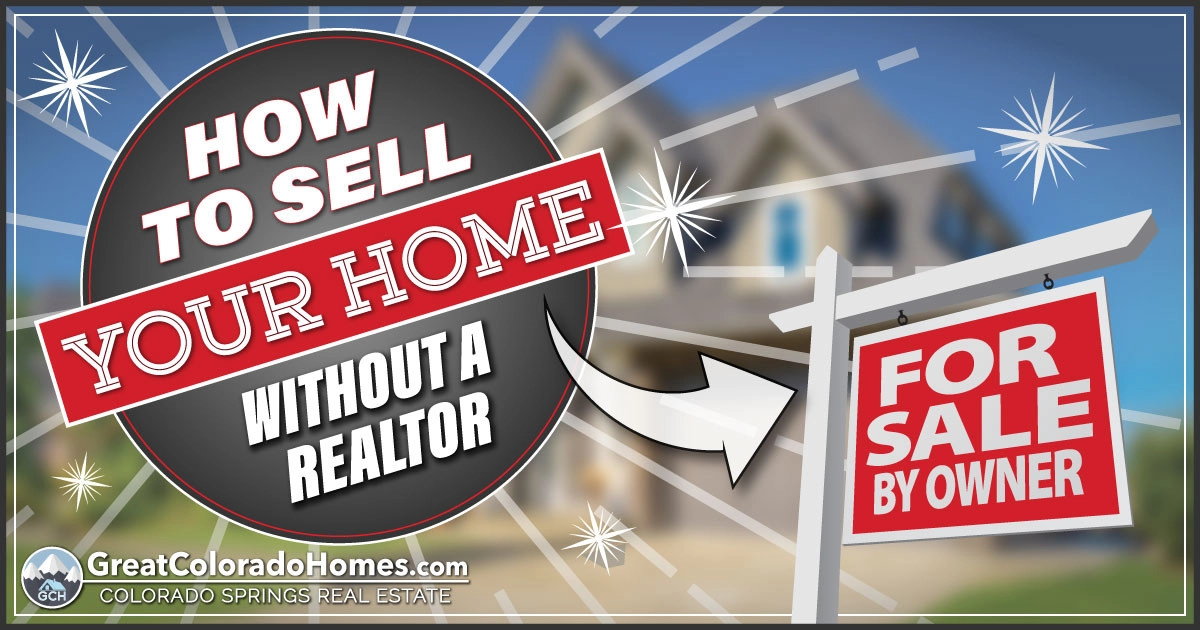
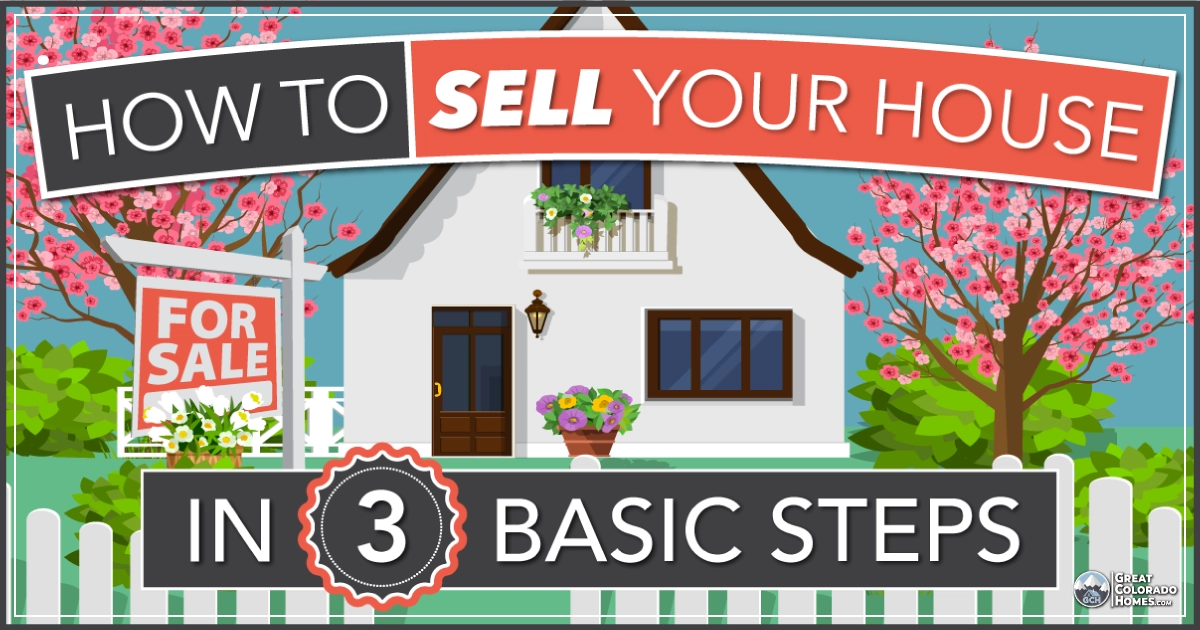
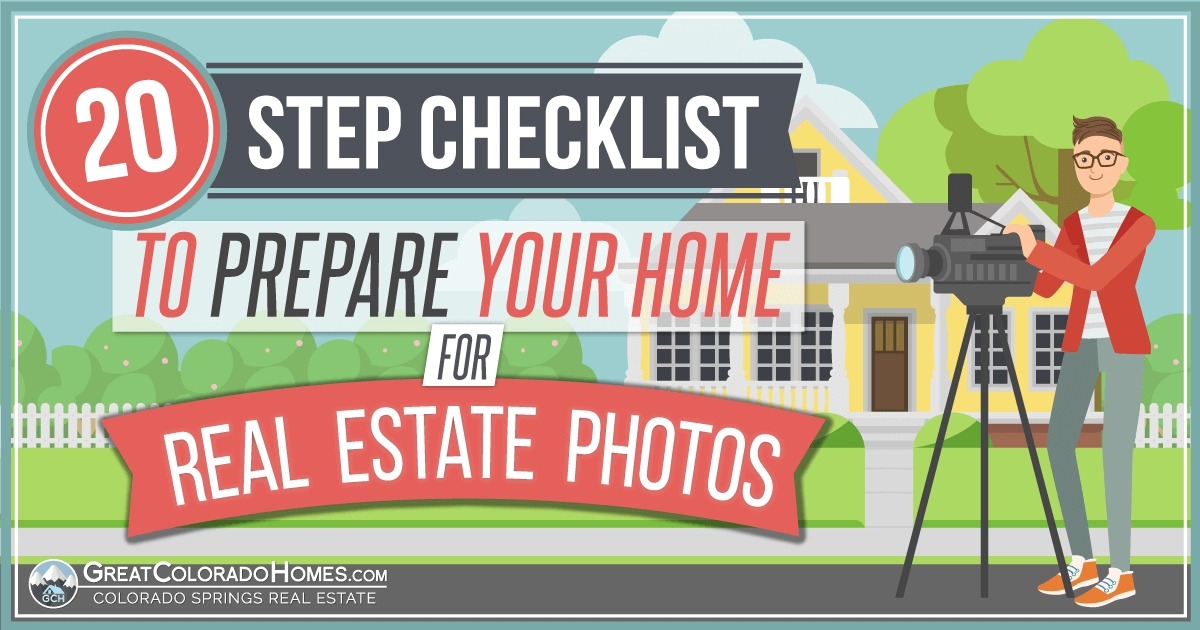
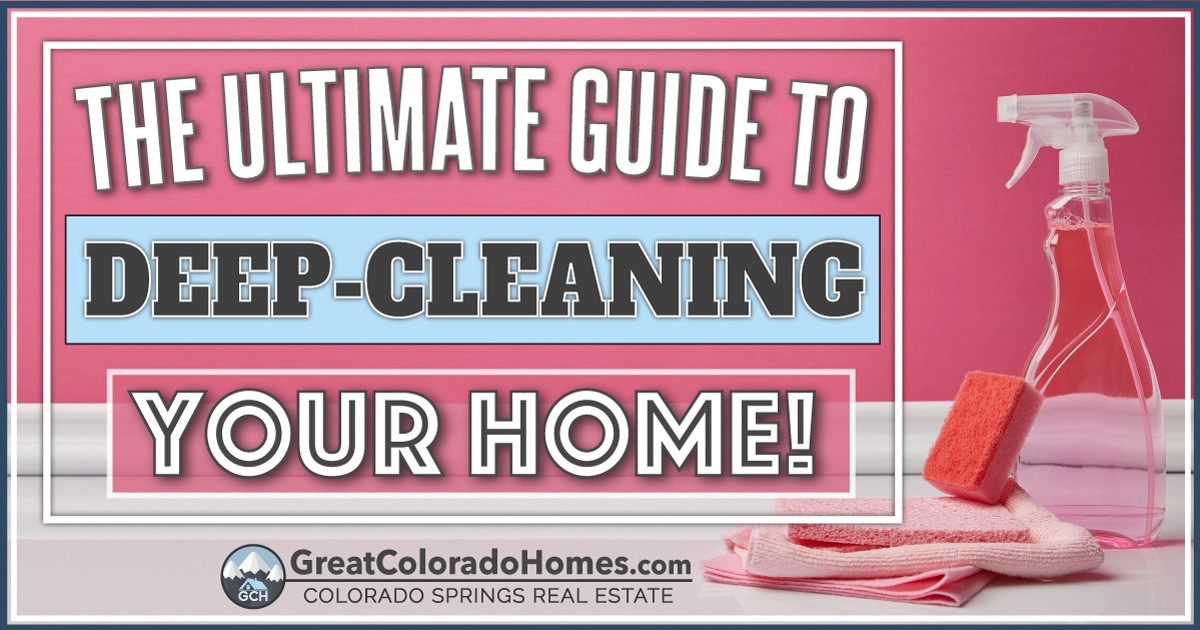
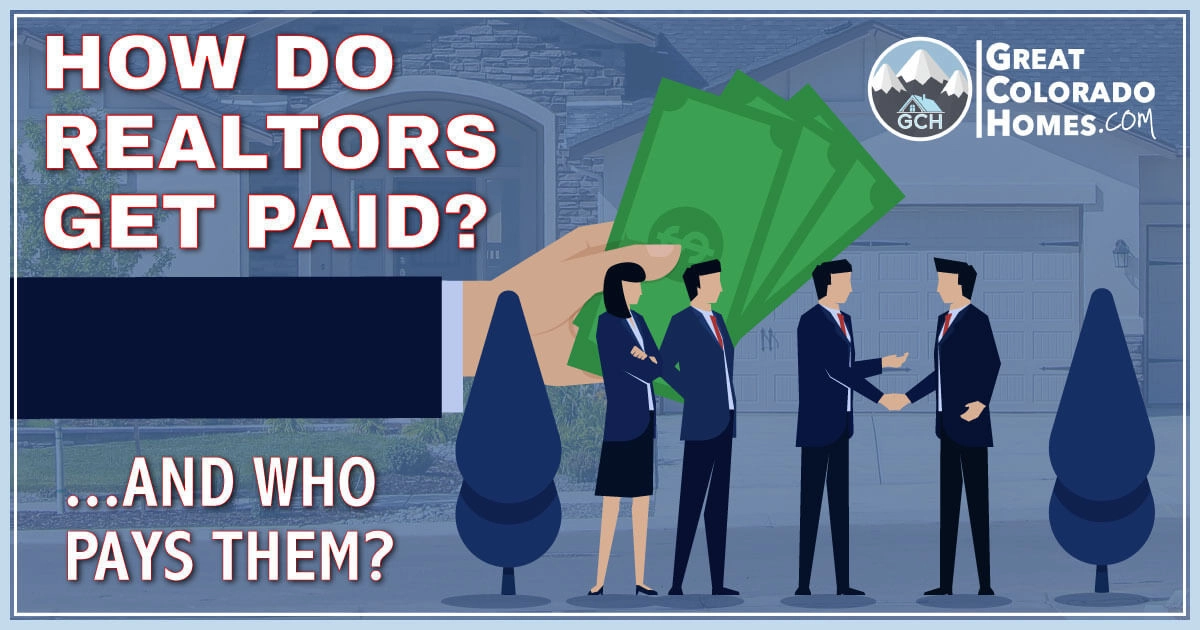
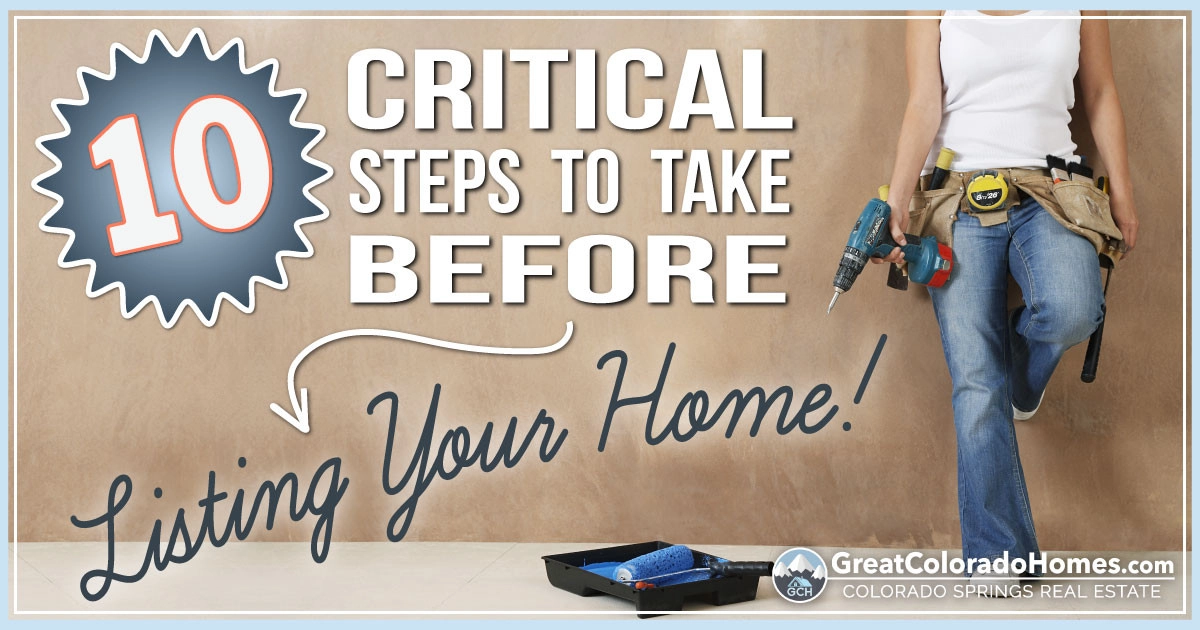
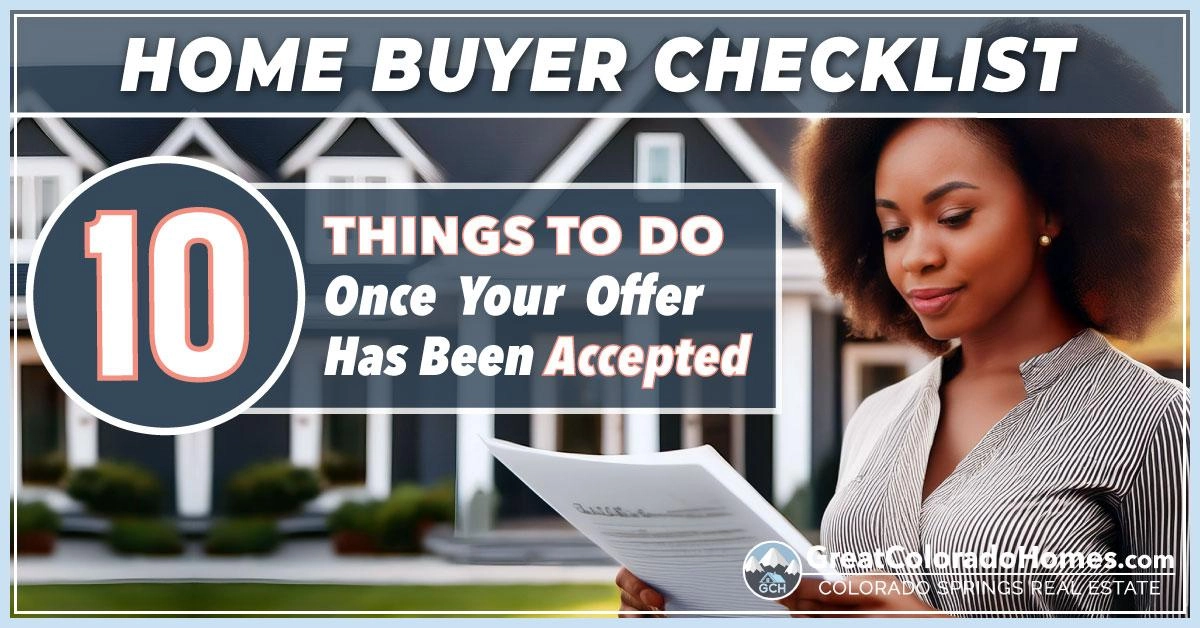
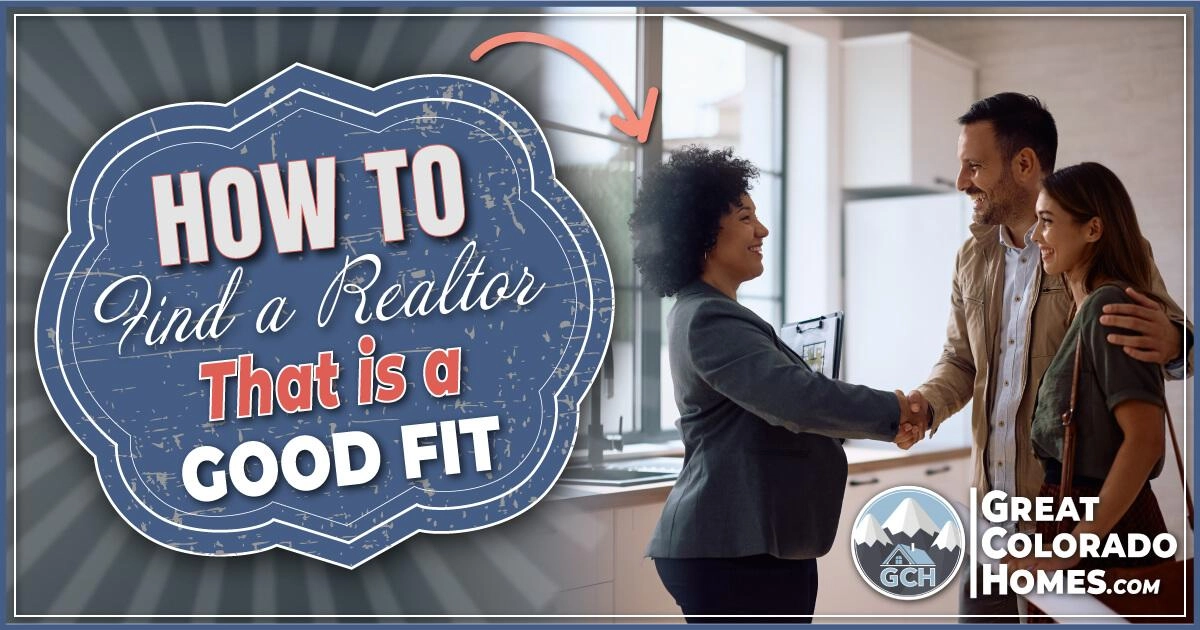
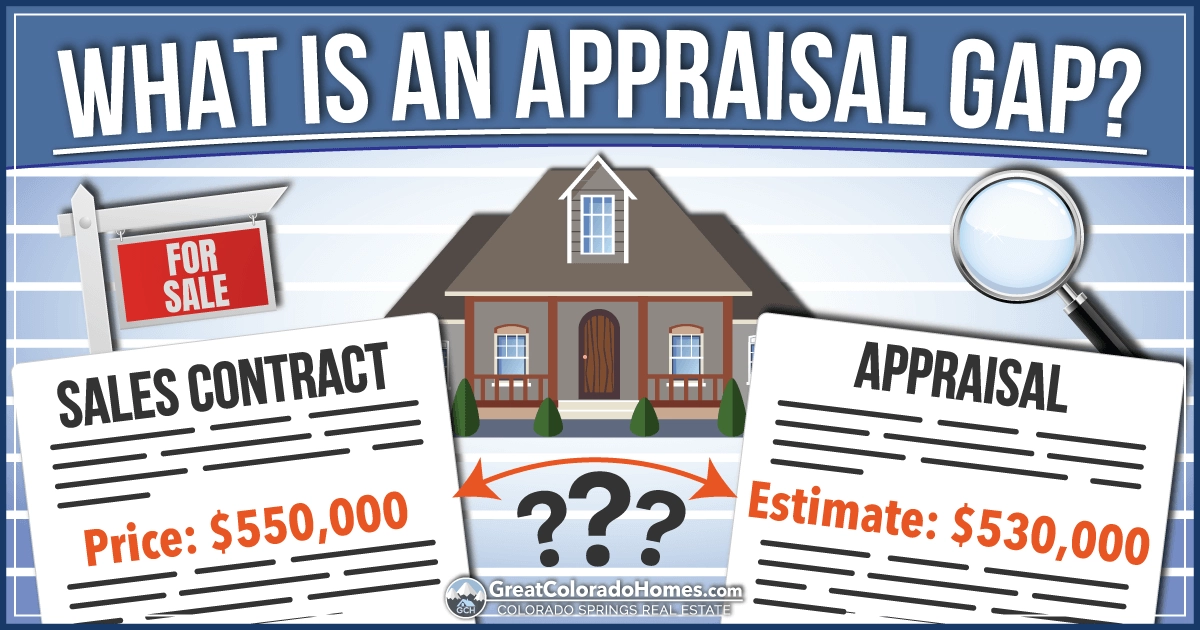

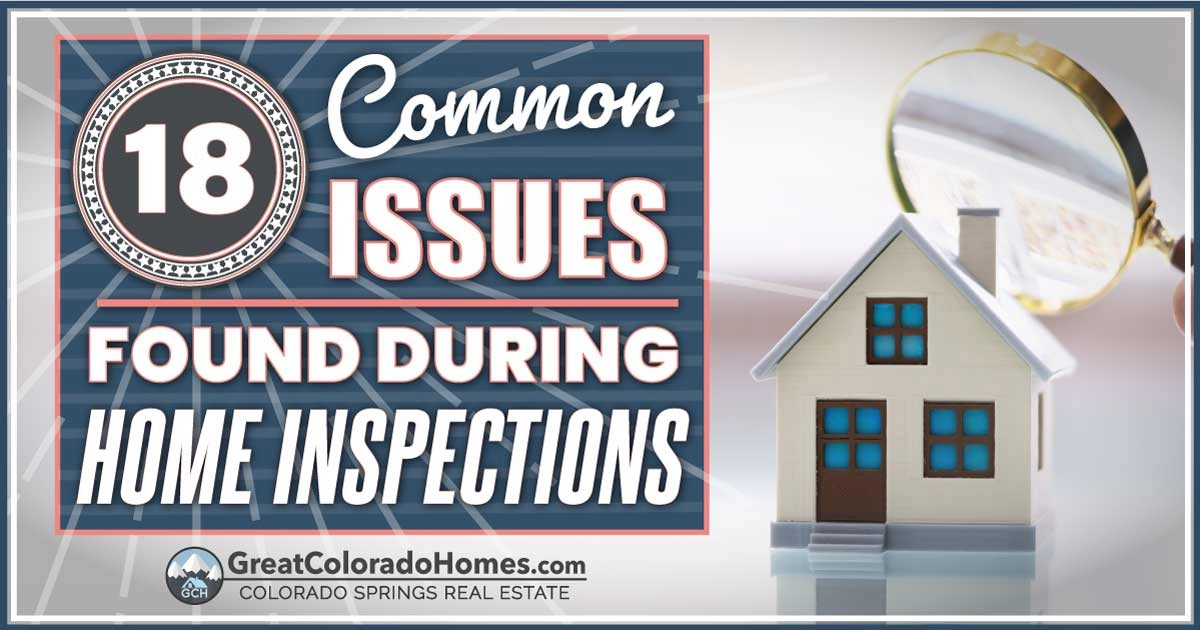
.png)
